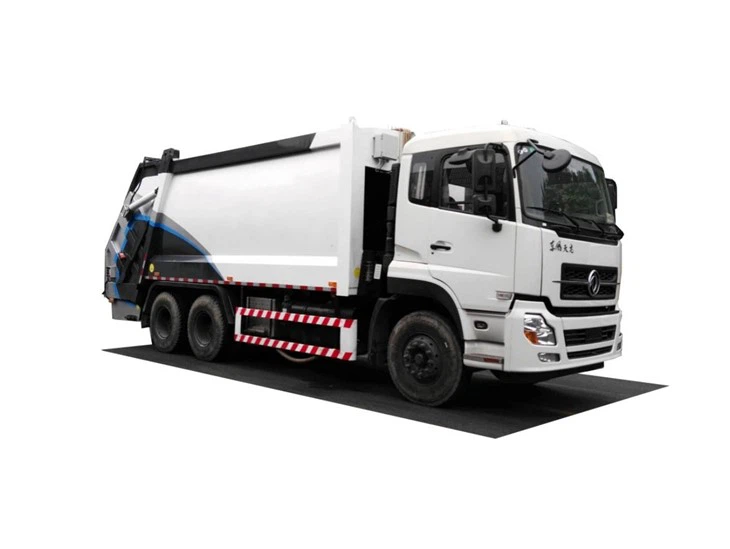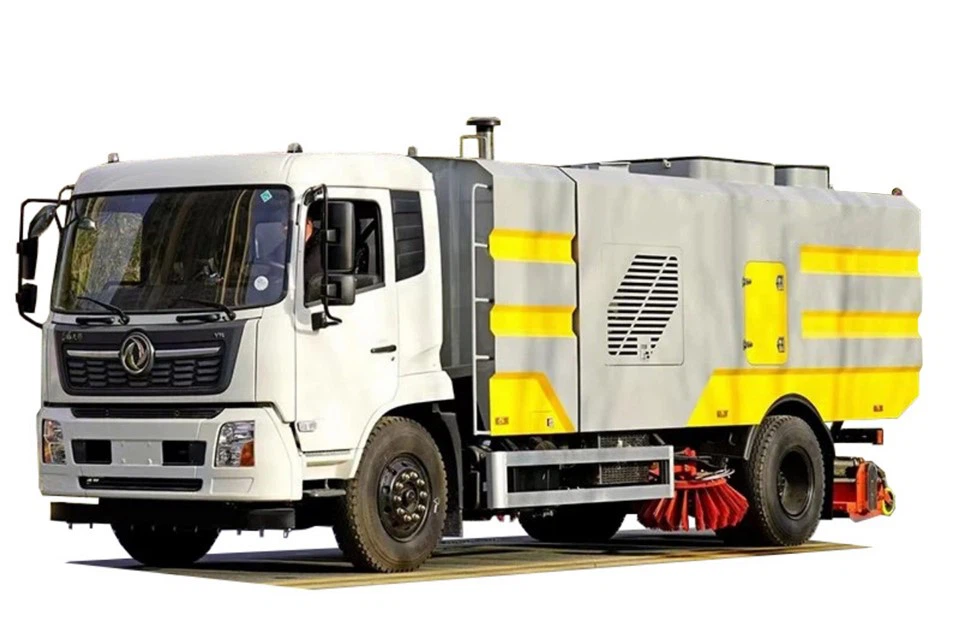Complete Guide to Water Hauling Trailers: Everything You Need to Know

Water hauling trailers are essential tools for various industries and situations that require transporting water efficiently and safely. Whether you are in the agricultural, construction, or emergency services sector, understanding how water hauling trailers work, their types, and their benefits can help you make the right choice for your needs. In this comprehensive guide, we will delve into everything you need to know about water hauling trailers, their applications, maintenance, and tips for choosing the right one for you.
What Are Water Hauling Trailers?
Water hauling trailers are specialized vehicles designed to transport large quantities of water from one location to another. They usually consist of a trailer with a tank specifically built for hauling water. These trailers can be towed by different vehicles, such as trucks and SUVs, making them versatile for various industries.
Common Applications of Water Hauling Trailers
Agricultural Uses
In agriculture, water hauling trailers are vital for irrigation, especially in regions facing water shortages. Farmers use these trailers to transport water from wells, lakes, or reservoirs to their fields, ensuring their crops receive adequate moisture.
Construction Sites
Construction projects often require significant water supplies for mixing concrete, dust control, and other site needs. Water hauling trailers provide a reliable solution to deliver water precisely where it is needed, improving efficiency and project timelines.
Emergency Services
During emergencies, such as wildfires or natural disasters, water hauling trailers become crucial in supplying water to firefighters and rescue operations. They can transport water quickly in locations where municipal water supply systems may fail.
Residential Uses

Individuals might use water hauling trailers for various purposes, including filling swimming pools, watering lawns, or other non-potable water needs. This versatility makes them popular for both professional and personal use.
Types of Water Hauling Trailers
1. Gravity Feed Trailers
Gravity feed trailers rely on gravity to distribute water through a hose. They are straightforward in design and manageable but may not be suitable for all applications where pressurized systems are required.
2. Pressure Pump Trailers
Pressure pump trailers include a built-in pump that allows for more efficient water delivery, making them an excellent option for construction sites and agricultural applications requiring greater pressure.
3. Polyethylene and Steel Tank Trailers
Water hauling trailers can feature either polyethylene or steel tanks. Polyethylene tanks are lightweight and resistant to corrosion, while steel tanks offer durability and longevity but can be heavier.
4. Customizable Trailers
Many manufacturers offer customizable options for water hauling trailers. You can choose tank size, pump type, and other features that suit your specific needs, ensuring maximum utility.
Choosing the Right Water Hauling Trailer
1. Determine Your Needs
Before selecting a water hauling trailer, assess your requirements. Consider how much water you need to transport and the distance. This assessment will help you choose the right trailer size and type.
2. Check Compatibility
Ensure that your towing vehicle can handle the trailer’s weight. Always refer to the manufacturer’s specifications for towing capacity and adjust accordingly to avoid any accidents or mechanical issues.
3. Evaluate Tank Materials
As previously mentioned, understanding the benefits of both polyethylene and steel tanks is vital. Consider what applications you will use the trailer for to decide on the best material for your tank.
Maintenance Tips for Water Hauling Trailers

1. Regular Inspections
Regularly inspect your trailer for damage, leaks, and wear. This includes checking tires, brakes, and the integrity of the tank itself. Early detection of issues can prolong the trailer’s life and performance.
2. Clean the Tank
Keep the water tank clean to avoid contamination. Periodically flush the tank with a mixture of water and vinegar to eliminate algae, sediment, or other contaminants that may build up inside.
3. Winterization
In colder climates, take steps to winterize your water hauling trailer to prevent freezing. Drain the tank and lines, and store the trailer in a garage or shed to protect it from harsh weather conditions.
4. Check Hoses and Fittings
Inspect hoses and fittings regularly for wear and leaks. Replace them as necessary to ensure proper water flow and prevent leaking during transportation.
Cost Considerations for Water Hauling Trailers
The cost of water hauling trailers varies widely based on size, material, and additional features. Below is a simplified table representing common price ranges for different types of water hauling trailers:
| Type of Trailer | Price Range |
|---|---|
| Gravity Feed Trailers | $1,500 – $3,500 |
| Pressure Pump Trailers | $3,000 – $6,000 |
| Polyethylene Tank Trailers | $2,000 – $4,500 |
| Steel Tank Trailers | $3,500 – $7,000 |
| Customizable Trailers | $4,000 – $10,000+ |
Innovative Features in Water Hauling Trailers
1. Heated Tanks
Some advanced models come with heated tanks, which can be especially useful in cold climates where freezing poses a problem for delivering water.
2. Integrated Filtration Systems

Filtration systems built directly into the trailer ensure that the water remains clean during transport, making them suitable for emergencies or sensitive applications.
3. GPS Tracking
Modern trailers may offer GPS tracking capabilities, allowing users to monitor their water hauling activities in real-time, promoting efficiency and accountability.
FAQs About Water Hauling Trailers
1. Can I use a water hauling trailer for potable water?
Yes, but you must ensure that the tank material is specifically rated for potable water use. Polyethylene tanks are often preferred for this purpose.
2. How do I calculate the weight of the filled water trailer?
A gallon of water weighs approximately 8.34 pounds. Multiply the number of gallons your tank holds by 8.34 to find the total weight of the filled trailer.
3. Do I need a special license to tow a water hauling trailer?
Generally, you do not need a special license if your trailer is within the weight limits for standard towing licenses. However, always check local regulations.
4. How often should I clean my water hauling trailer?
You should clean your trailer’s tank at least once every season or more often if you frequently use the trailer for different water sources.
5. Can water hauling trailers be used for non-potable purposes?
Yes. Many people use water hauling trailers for watering livestock, filling pools, or irrigation without needing potable water.
6. What is the average lifespan of a water hauling trailer?
With proper maintenance, a water hauling trailer can last between 10 to 20 years, depending on use and environmental wear.
